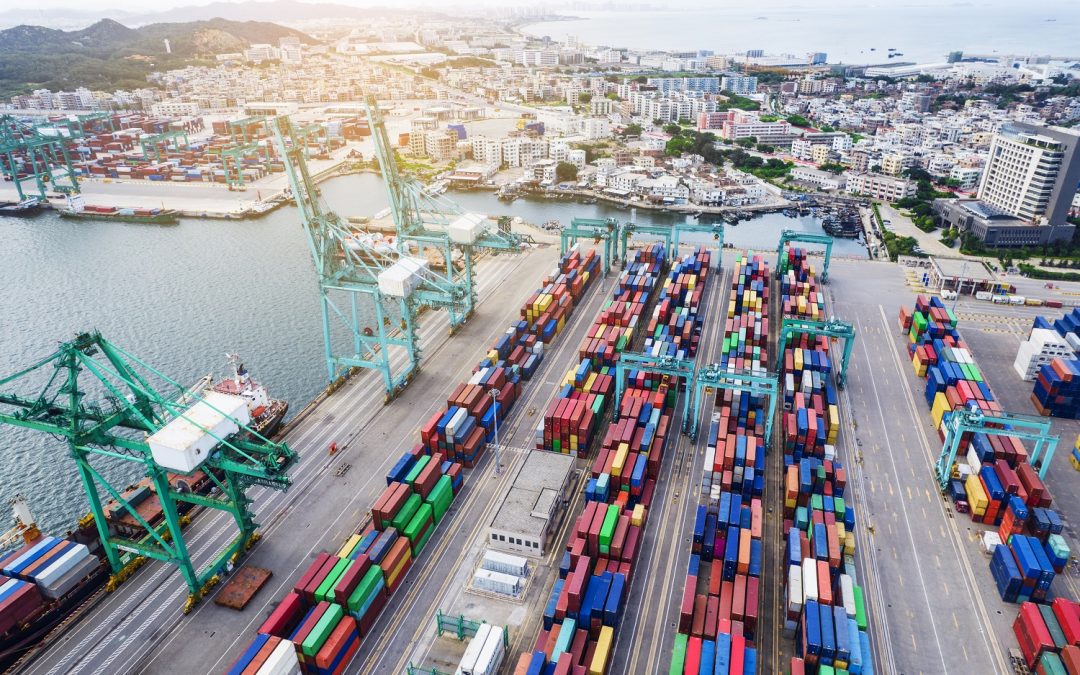Exporting goods outside the EU – what should you know?
Exporting goods outside of the European Union involves the need to clear and pass customs control. Before this can happen, however, it is necessary to register your company on the platform of electronic fiscal and customs services (PUESC) and obtain an EORI number used to identify entrepreneurs in contacts with customs authorities across the European Union. However, there are many facilities that allow you to quickly cross borders, bypassing customs procedures.
What is a TIR Carnet?
A TIR Carnet is an international transit document used for the transportation of goods between two or more customs territories. It is both a customs document and a guarantee document valid for the entire journey. It allows you to avoid tedious procedures at border crossings and customs offices. With a TIR Carnet you can cross the border without the need for additional security or guarantees or complicated and time-consuming procedures. TIR Carnet holders declare goods for export clearance at the customs office in the country of shipping, where seals are affixed to the means of transport.
As the goods pass through various countries, there is no cargo inspection at the border. However, in case of suspicion of illegal transport of goods, the customs services of each transit country may carry out a check.
What is an ATA carnet?
An ATA carnet is an international customs document used for the temporary import or temporary export of goods for the purpose of sightseeing and exhibition – this includes professional equipment. It is both a customs document and a guarantee document, thanks to which you will streamline your temporary clearance.
The owner of the carnet does not need to complete the SAD or provide additional security or guarantees at all borders crossed.
Trade agreements – what are they?
Free Trade Agreements (FTAs) allow the signatory countries to open their markets to each other (known as preferential access). They are the first stage of economic integration and apply to countries outside the EU.
For Polish entrepreneurs this means that goods that are exported and have a confirmed EU origin, can benefit from zero or reduced duties in the country to which they are delivered.
The European Commission is responsible for negotiating new EU agreements. The Polish case is represented by the Ministry of Development and Technology.
Export of Polish food commodities
An interesting example is the export of Polish agri-food goods, the total value of which in 2021, compared to 2020, increased by 9%, to an unprecedented level of EUR 37.4 billion, or PLN 170.8 billion, and the positive balance of trade increased by 9.7%, to EUR 12.7 billion, or PLN 58.2 billion. ALLcom company has contributed to this by being an expert in forwarding food products.
For the export of food products in road transport is most often used isothermal vehicles, iceboxes and refrigerated vehicles. A good portion of food products also go into refrigerated containers and are shipped by sea.
In the case of plant products such as cereal grains, a phytosanitary certificate for export or a certificate for re-export is also required. An official certificate confirming the quality of the goods may also prove to be an advantage for trade partners.
For goods that need to be exported from the EU for processing and re-importation, the outward processing procedure is used. Goods imported after processing are partially or fully exempt from customs duties.
